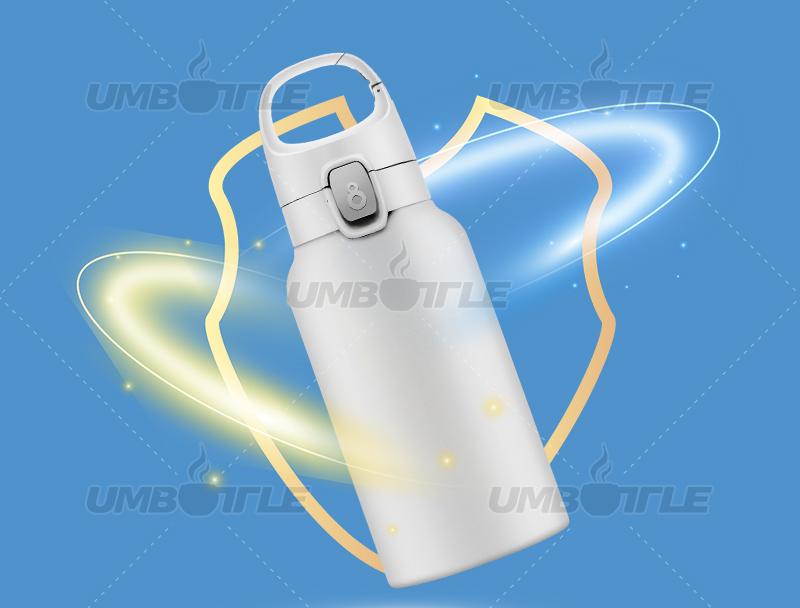Do water bottles need epidemic prevention testing for export?
With the development of the global pandemic, industries across the board have implemented stricter epidemic prevention measures for exported products, and the water bottle industry is no exception. http://www.umbottle.com/ProductsDetail-VB-10458.htmlTo ensure the safety, hygiene, and compliance with international trade standards, water bottle manufacturers need to undergo a series of specific epidemic prevention tests when exporting. Here are some crucial aspects of these tests:
1. Hygiene Certification: Water bottles are products directly related to people's daily drinking, so ensuring their hygiene and safety is crucial. http://www.umbottle.com/ProductsDetail-VB-10458.htmlManufacturers typically need to obtain relevant hygiene certifications before export to ensure that the products comply with international hygiene standards.
2. Material Safety Testing: Water bottles are often made from various materials such as plastic, stainless steel, glass, etc. http://www.umbottle.com/ProductsDetail-VB-10458.htmlBefore export, manufacturers need to conduct material safety testing to ensure that the materials used do not contain harmful substances, such as heavy metals, toxic chemicals, etc.
3. Leak and Waterproof Testing: For some sealed water bottles, such as thermos bottles, leak and waterproof testing are necessary. http://www.umbottle.com/ProductsDetail-VB-10458.htmlThis helps ensure that the water bottle does not leak during use, maintaining a positive user experience.
4. High-Temperature Resistance Testing: Especially for thermal bottles, high-temperature resistance is a key indicator. http://www.umbottle.com/ProductsDetail-VB-10458.htmlConducting high-temperature resistance testing ensures that the water bottle does not release harmful substances in high-temperature environments and can safely store hot beverages.
5. Bacteria and Antimicrobial Testing: In the current pandemic context, manufacturers may need to conduct testing for bacteria resistance and antimicrobial performance to ensure that the water bottle surface and materials have resistance to bacteria, http://www.umbottle.com/ProductsDetail-VB-10458.htmlreducing the risk of cross-contamination.
6. Packaging Hygiene Inspection: Packaging is another crucial aspect of the product export process. http://www.umbottle.com/ProductsDetail-VB-10458.htmlManufacturers need to ensure the hygiene and lack of contamination in water bottle packaging to prevent introducing any unnecessary health risks during transportation and sales.
7. Epidemic Prevention Measures During Transportation: During the transportation of water bottles, http://www.umbottle.com/ProductsDetail-VB-10458.htmlmanufacturers also need to take a series of epidemic prevention measures to ensure the safety of the products in the global supply chain and avoid the possibility of cross-contamination.
8. International Compliance Certification: Finally, http://www.umbottle.com/ProductsDetail-VB-10458.htmlexported water bottles typically need to comply with international trade standards and obtain relevant certifications to ensure the legal circulation of the products in the target market.
In summary, to ensure the quality and safety of water bottles during global export, manufacturers need to follow international standards and implement relevant epidemic prevention measures, http://www.umbottle.com/ProductsDetail-VB-10458.htmlconducting a series of special tests and certifications. This helps enhance the market competitiveness of the products and ensures the health and safety of consumers.

Dongguan Zhanyi Commodity Technology Co., Ltd. specializes in the production of metal cups, plastic cups, coffee cups, suction mug, lunch boxes, food jar, travel mugs, portable water bottles, sports bottles, home life desktop trash cans, thermos bottles, etc.These products are all our annual exports, and are recognized and loved by the US, Europe, Australia, Japan, South Korea, Taiwan, Hong Kong and other consumers. Support for small quantity order, fast customization.